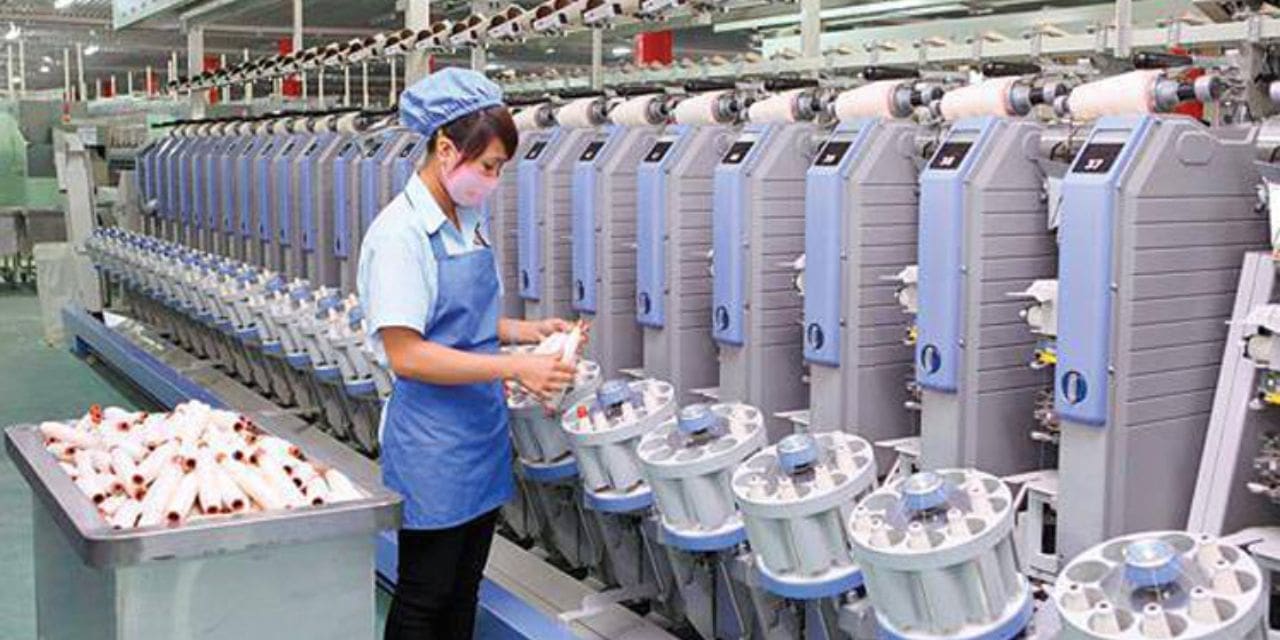By 2030, the Vietnam Textile and Apparel Association (Vita) wants to assist the country’s textile and apparel sector in becoming more ecologically friendly.
The industry intends to cut back on both water and energy use by 20% and 15%, respectively, by 2023.
A crucial component of sustainable development is green growth. Businesses in the textile, apparel, and footwear industries have given this topic particular attention in recent years.
According to Trong Van Cam, general secretary of Viata, a greener textile and apparel industry not only aids in the implementation of the country’s green growth policy but also satisfies the demands of major textile and apparel import markets worldwide, such as the European Union (EU).
Vietnamese textile, apparel, and footwear manufacturers must increase the sustainability of their operations in order to sell their products to the EU, as the European Commission (EC) has suggested that the products must adhere to environmental design standards.
The European Commission earlier this year proposed a new approach to combat rapid fashion, textile waste, and the destruction of unsold textiles, as well as to make textiles more robust, repairable, reusable, and recyclable.
Given the EU-Vietnam Free Trade Agreement, Europe is a long-standing and important market for Vietnam’s textile and footwear sectors (EVFTA).

